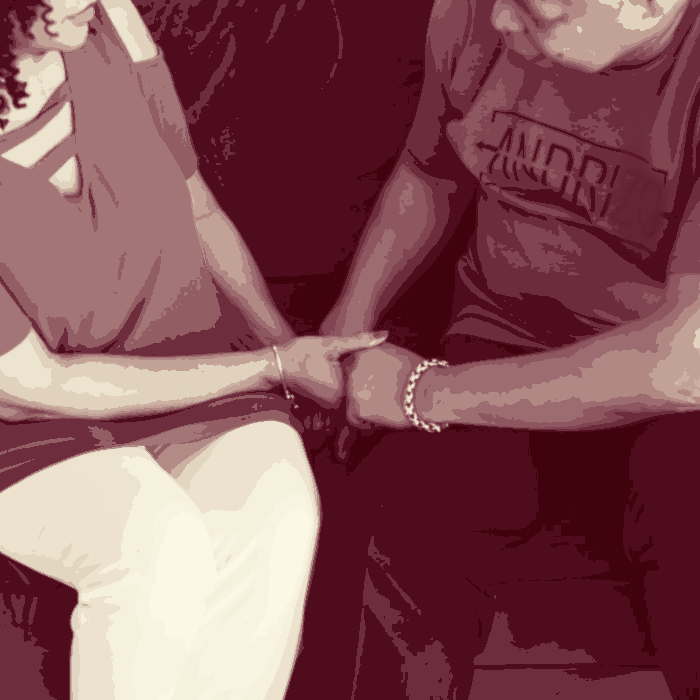
Emotional Closeness in Desperate Times
New study finds the link between religious devotion and spousal connection

New study finds the link between religious devotion and spousal connection
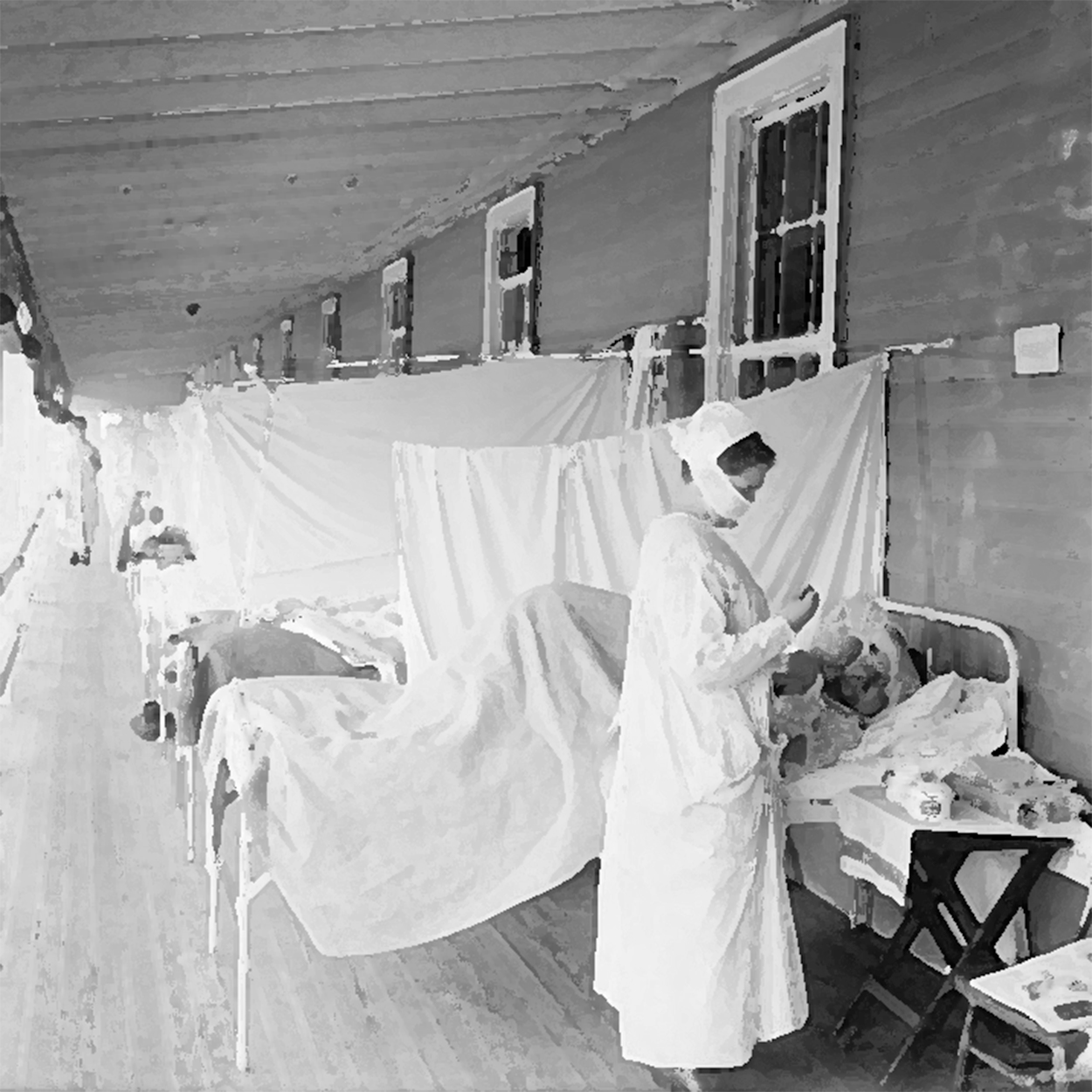
It’s more than mere disagreement we must tolerate. Tolerance means bearing the suffering of others and taking our own uncomfortable turn in history to face uncertainty and challenge.
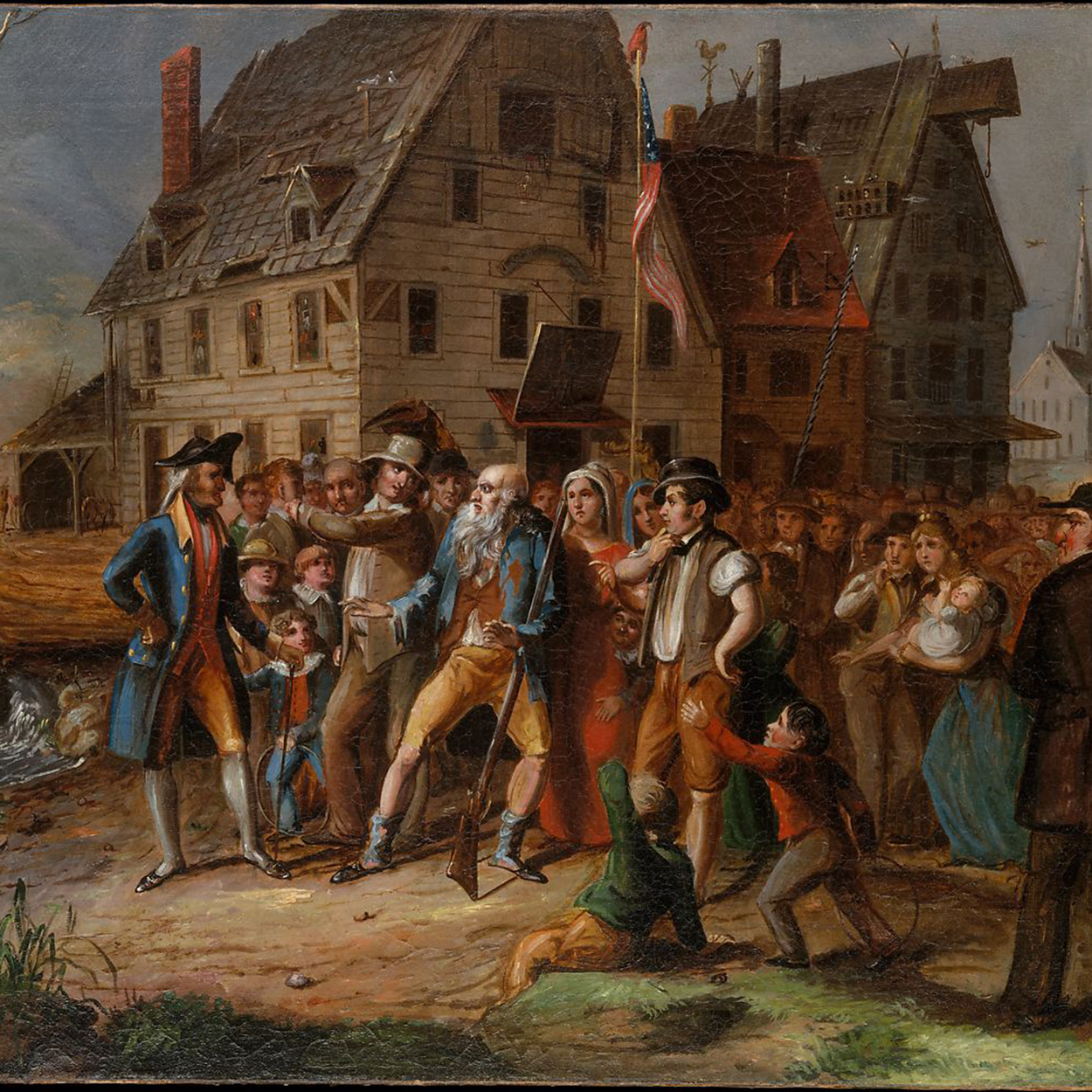
Living in a pandemic is scary enough. But when we can’t figure out what is true (and even the data gets politicized), it makes things all that harder. That makes it even more important to think critically and look into different perspectives.

After years of studying contrasting health narratives and their correspondence with actual scientific data, I can’t help but say, be wary of the medical salvation story. It’s usually too good to be true.

It’s hard to say anything good about COVID’s impact. But I’m about to try.

Is science an oracle of truth—revealing what we should do and how we should think—or is it an ongoing, contested deliberation about that truth?
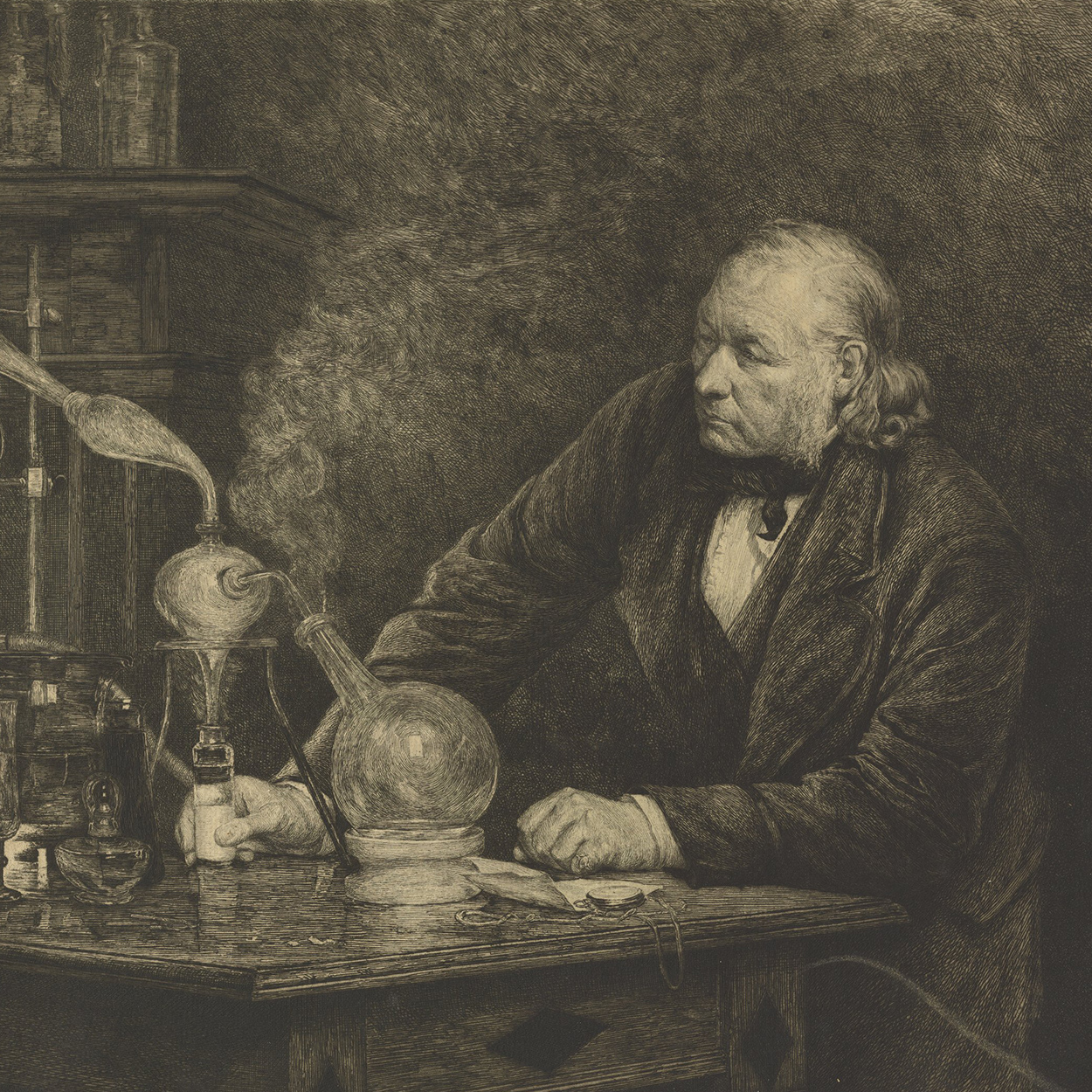
However nice it would be to feel unified in our response to COVID-19, there are many ongoing differences in perspective between thoughtful, good-hearted people. Could it help to map out fairly what those disagreements are?

Confusion, anxiety, despair, and anger are everywhere. Thankfully, we are not left “comfortless” or without inspired direction in these challenging times.
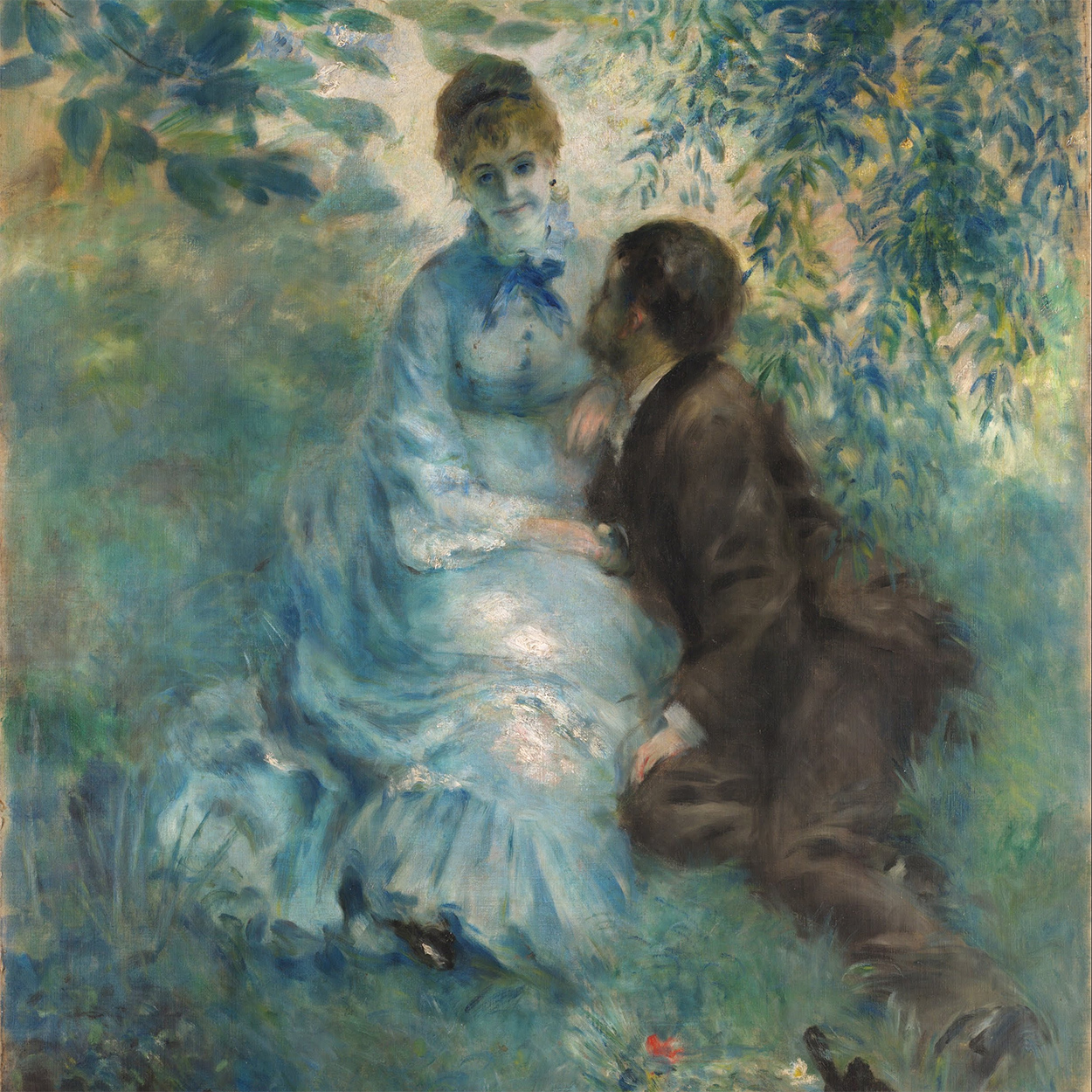
In an age of increasing distance, some important answers are available close at home—as mindful partners can help restore our yearning for intimacy.

Regarding COVID-19 and those who have assumed management of our lives, the public needs to know and agree on when it is necessary for us to cede control.
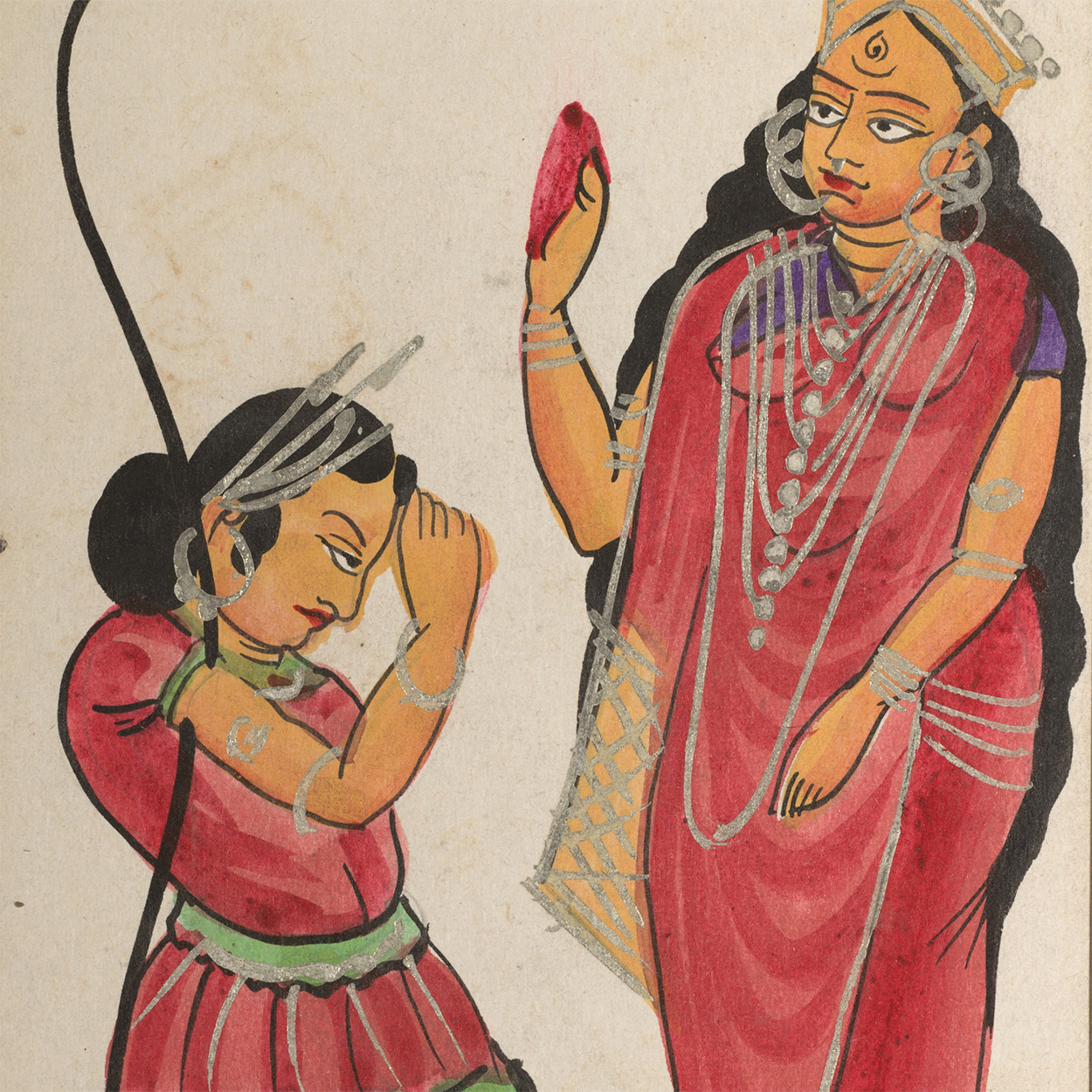
As we find gratitude in the midst of pandemic, it’s important we give our gratitude not just generally but specifically to those who have helped us.
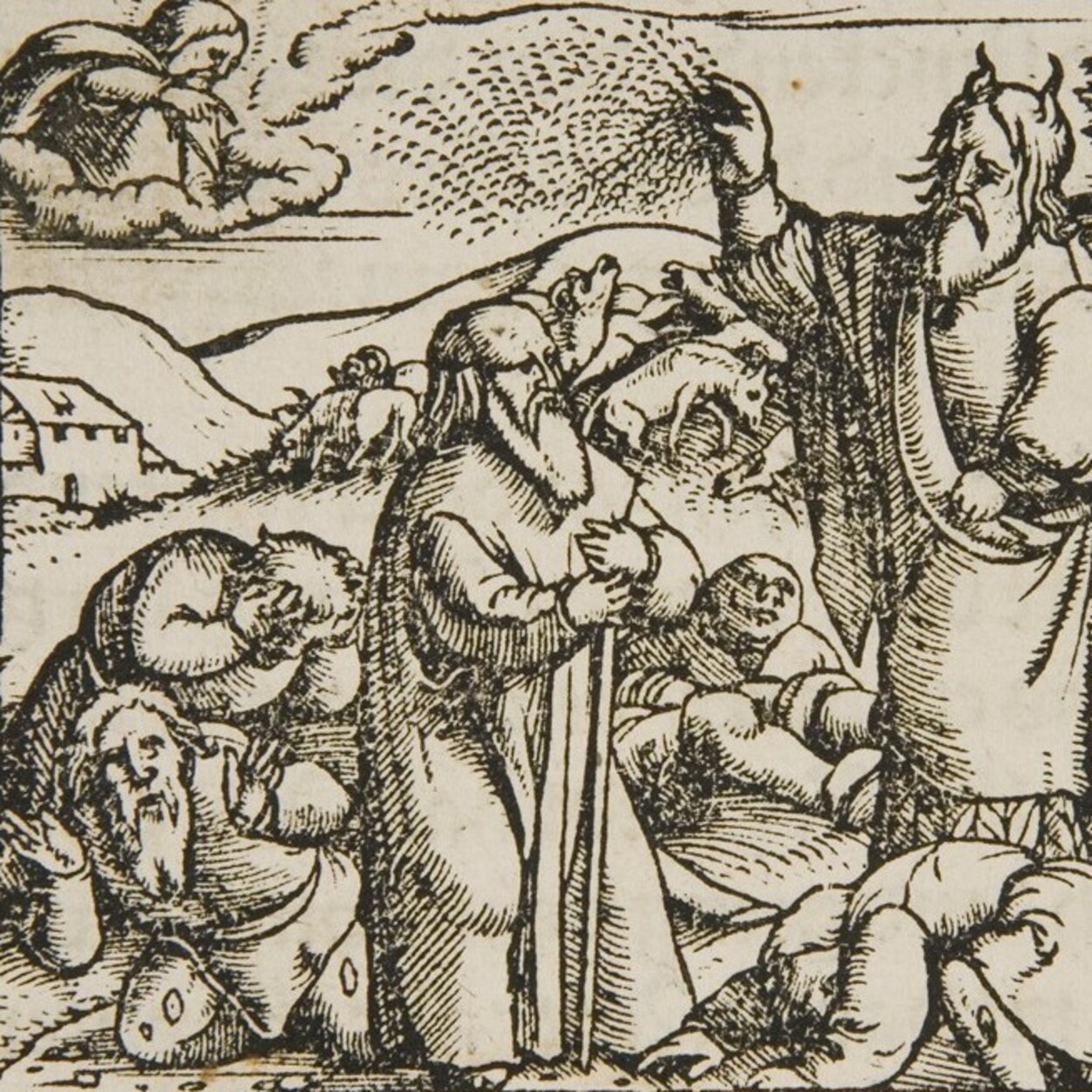
During a pandemic, it’s tempting to think that it is somehow misguided to be focusing on education. C.S. Lewis boldly and beautifully suggests otherwise.